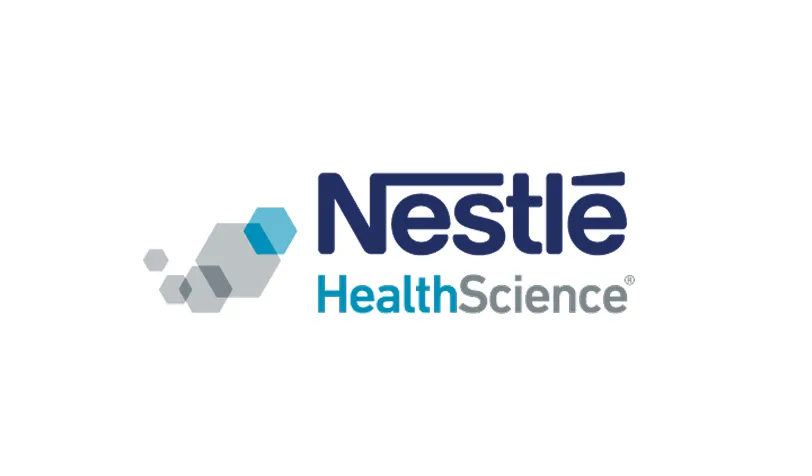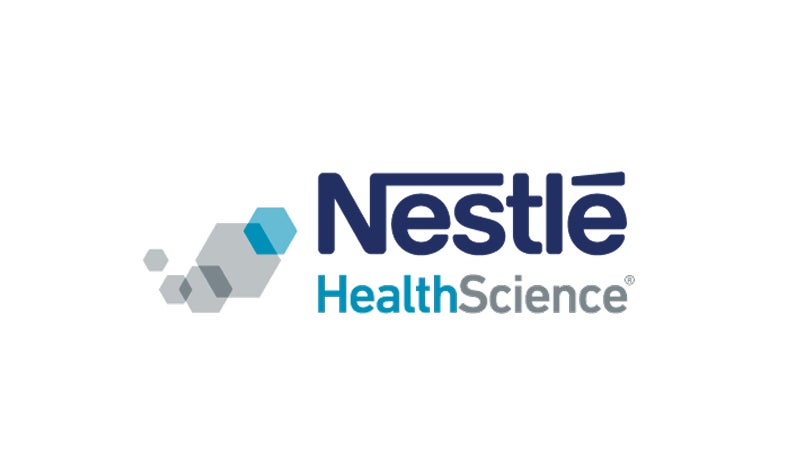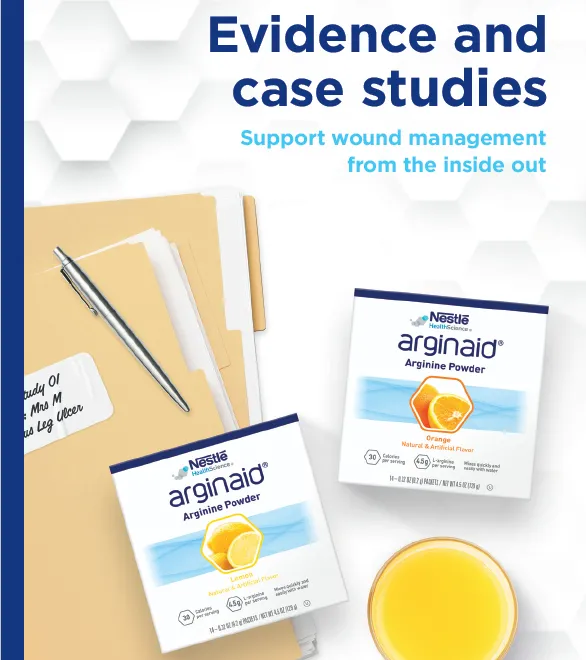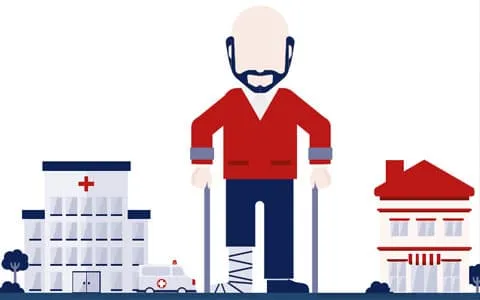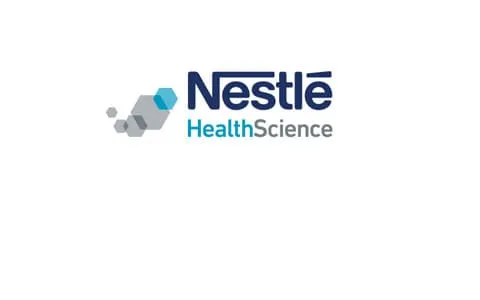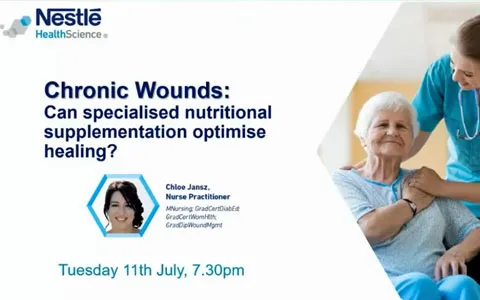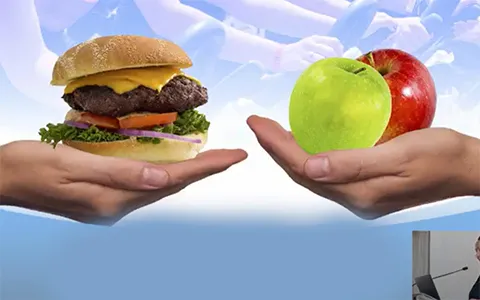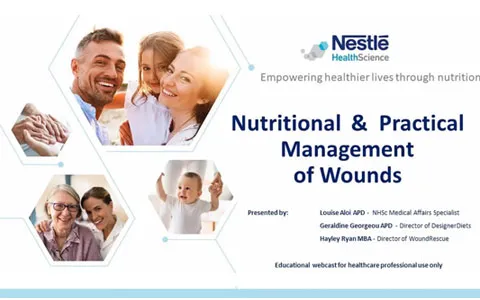A brief guide for those using ARGINAID with information on essential nutrients and foods that assist with wound healing, as well as practical tips to improve nutritional intake. This guide includes an overview of nutrient intake guidance, meal planning suggestions, as well as practical tips to help encourage a balanced diet.
Nutrition and Wound Care Patient Guide
- 30/06/2021 - 07:50 am
This video created by Nestle Health Science describes to patients suffering from chronic wounds the value of nutrition during wound management. It also outlines the various types of foods such as carbohydrates, proteins, vitamins and other minerals and the crucial roles that they play in the wound healing process.
An inspiring recipe book with easy to create and delicious recipes for ARGINAID powder. The recipe book also provides a brief overview of the key role which ARGINAID plays in the wound healing process.
This brochure summarises the pivotal clinical data supporting the use of ARGINAID along with actual, real world, case examples. Additional information about the usage, key benefits, nutritional and ordering information for ARGINAID at the conclusion of this brochure.
A general fact sheet for patients regarding nutrition for wound healing. This online resource outlines nutrients that play a key role in the process of wound healing such as energy, protein and hydration as well as various vitamins and minerals and where patients can receive them from. This online fact sheet was written by Dietitian Connection.
This brochure outlines the prevelance of wounds such as pressure ulcers in Australia as well as the associated economic expenditure. ARGINAID use can deliver considerable costs savings in the institutional management of these wounds. This is demonstrated in the brochure which highlights a recent economic evaluation of supplementation with disease specific oral nutritional formula such as ARGINAID in the management of wounds.
An eLearning module from Nestlé Health Science which discusses nutrition for wound healing and management. This education module goes through the three stages of wound healing, why wounds may fail to heal, the nutritional management of wounds and highlights individuals who are most at risk of pressure injuries.
This article aims to review the latest nutrition care recommendations for the prevention and treatment of pressure injuries, including recommendations tailored to special populations. A secondary objective is to translate nutrition recommendations into actionable steps for the healthcare professional to implement as part of a patient plan of care.
Chloe Jansz discusses the wound management journey of real case studies of individuals with different types of chronic wounds. Learn about what to look for when assessing wounds, what tools are available in the wound consultant’s toolbox, and the importance of specialised nutrition to assist with the healing of chronic wounds.
Hear from Hayley Ryan, Director of Wound Rescue and Acting CEO of Wounds Australia, as she discusses the importance of nutrition in the management of wounds. This includes the requirement for sufficient protein and arginine - a conditionally essential amino acid which supports wound healing by promoting protein synthesis, nitric oxide production and collagen formation.
Pressure injury guidelines suggest high calorie/high protein nutritional intervention that contains supplemental L-arginine and increased amounts of zinc and other antioxidants for malnourished or at-risk patients with stage 2 or greater wounds. Dr. Fife shares her process of screening for malnutrition and the additional evidence supporting a nutritional algorithm used in her wound clinic. Two case study examples of limb salvage demonstrate use of high protein L-arginine supplemented immunonutrition.
An informative webcast from highly experienced and regarded dietitian Geraldine Georgeou (APD) and wound clinical consultant Hayley Ryan on the nutritional and practical management of wounds in everyday clinical practice. The webcast explores various topics such as the role of arginine in healing, the cost benefits of ARGINAID for faster wound healing in the institutional setting as well as the value and need for close collaboration with dietetics and wound care specialist nurses.
A comprehensive guide focusing on the value of nutrition in wound management, specifically written for health care professionals. This guide aims to provide simple advice on the role of nutrition in wound healing for healthcare professionals involved in the management of wounds; provide practical guidance on when and how to implement nutritional support to help promote wound healing and summarise the evidence for the relationship between nutrition and wound healing.
